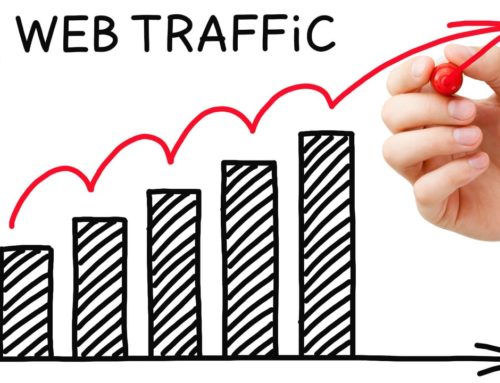The death of SEO is a perennial hot clickbait topic, just as the death of [insert name of Marvel or DC superhero] helps boost comic book sales for a particular franchise every time they start to flag. And just like the superheroes in question, SEO seems somehow to manage to rise from the dead. Why is that?
1. People’s search engine habits haven’t changed
Internet users are searching for information as much as or more than ever before, and they are just as likely not to go past the first page as before. As search engine results are ordered beyond the first page, the likelihood that they will be viewed by the searcher drops off exponentially. That’s still the case.
2. Users are searching more often than ever
As the web has become more widely used by more people to make inquiries that used to be made via print media, such as Yellow Pages, or through phone listings, magazine adverts, or newspaper listings, more and more information has populated the internet, appealing to more and more potential clients. But the sheer amount of information can be overwhelming.
3. In response to the vast amount of information on the internet, users and search engines have become more sophisticated
Asking for landscaping services will throw up hundreds of thousands of listings, but potential customers are generally not interested in landscaping services halfway around the globe. It used to be that customers would have to add a specific location into their search to get listings that were near enough to be pertinent. If the user wanted to search a number of nearby communities, she would have to perform the same search with the name of the community in which the business might be located several times to get a good idea. Now a Google map can give one all the desired businesses in the area described (for example, within 25 miles or 50 or 100) ranked by distance, with customer star ratings.
Understanding that many of the products listed at Amazon have review ratings that have been artificially boosted, many users now use FakeSpot.com’s algorithm to sift through the legitimacy of the listings, flagging the percentage or reviews that show signs of being put-up jobs. Online buy and sell listings such as those on Facebook now include purchaser ratings of sellers and seller ratings of purchasers. Sellers who opt out of ratings send a signal that they might not be trustworthy.
4. Search engine designers have worked hard to improve indices of the validity and trustworthiness of sources into their ranking algorithms
Is the content endlessly recycled? Does it distinguish itself from other content ostensibly about the same material, or is a cut and paste pastiche of what others have written, or copied elsewhere? Do the tags seem to reflect the material contained below them, or are they just clickbait time-wasters?
As more searchers search for more substance on the web, they need to filter through more carney-barking garbage along the way, and the search engines that do a better job of helping them wade through the ever-increasing information, misinformation, and disinformation along the way get more use.
That means that sites that provide more unique, trustworthy, pertinent information get more recognition than ever before. There are still tips and tricks that help with SEO (internal and external links, tags, key words, graphics are all still important, and user experience perhaps more than ever), but more than ever and increasingly, the content that users find is what will drive them to a site and bring them back to it.
5. Due to Coronavirus . . .
Yeah, we are all sick of it, but more people are looking for more goods and services and information and entertainment on the internet than ever before, for obvious reasons. As the business and services ecosystem continues to change rapidly as a result of these challenges, users are scrambling to find new sources for goods and services, either due to closure, or supply-chain interruption, or the availability of delivery options, or a host of other considerations. In an information ecosystem where everything is changing more rapidly than ever, SEO is, if anything more important than ever before.
SEO Superman isn’t dead. He has a daytime gig at SunAnt.









